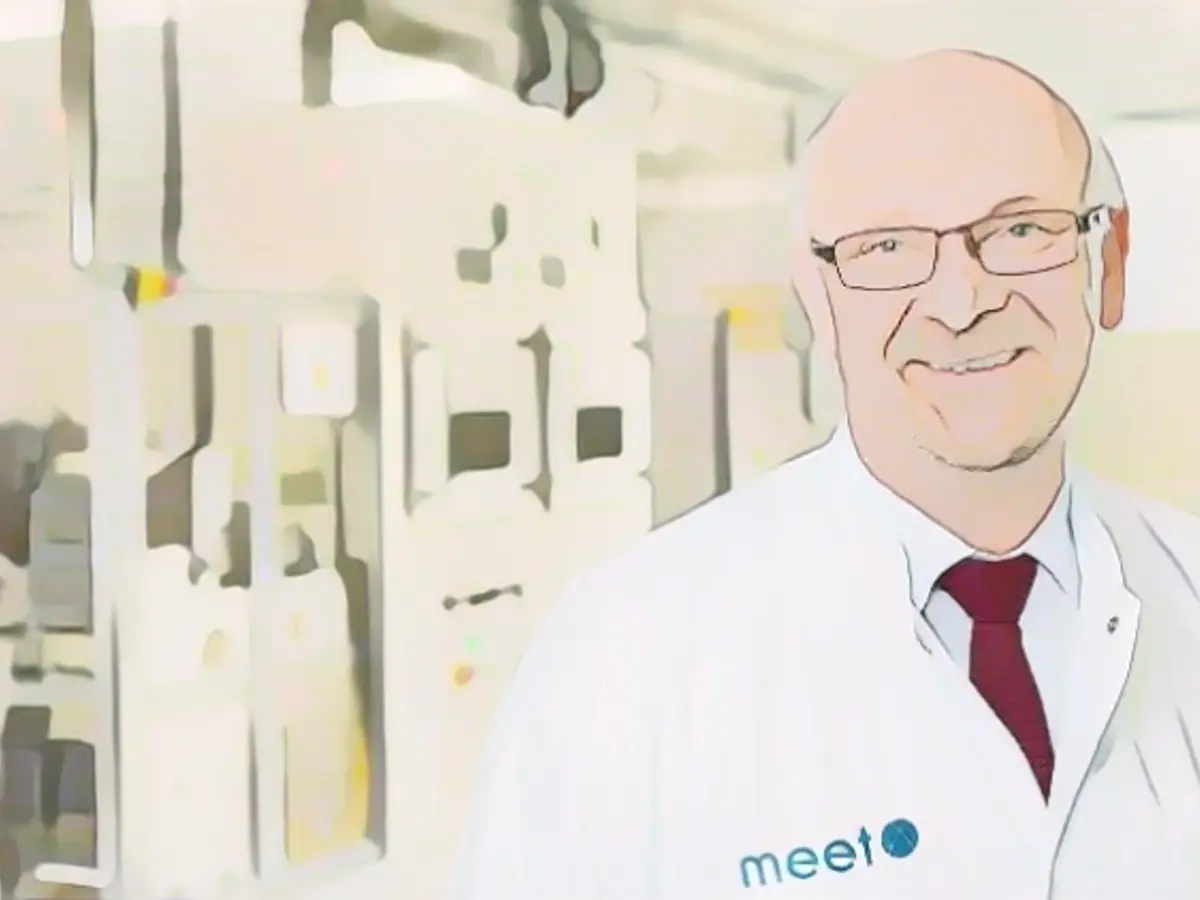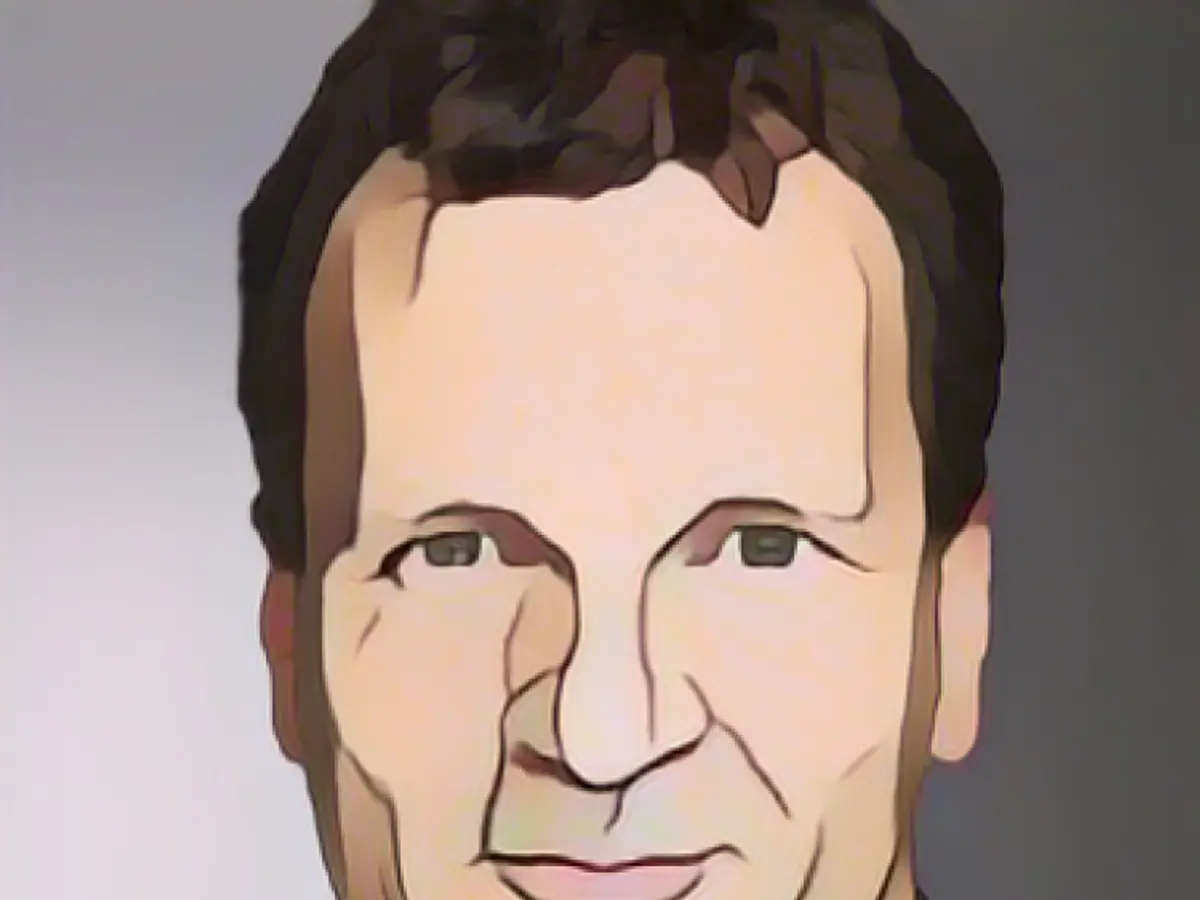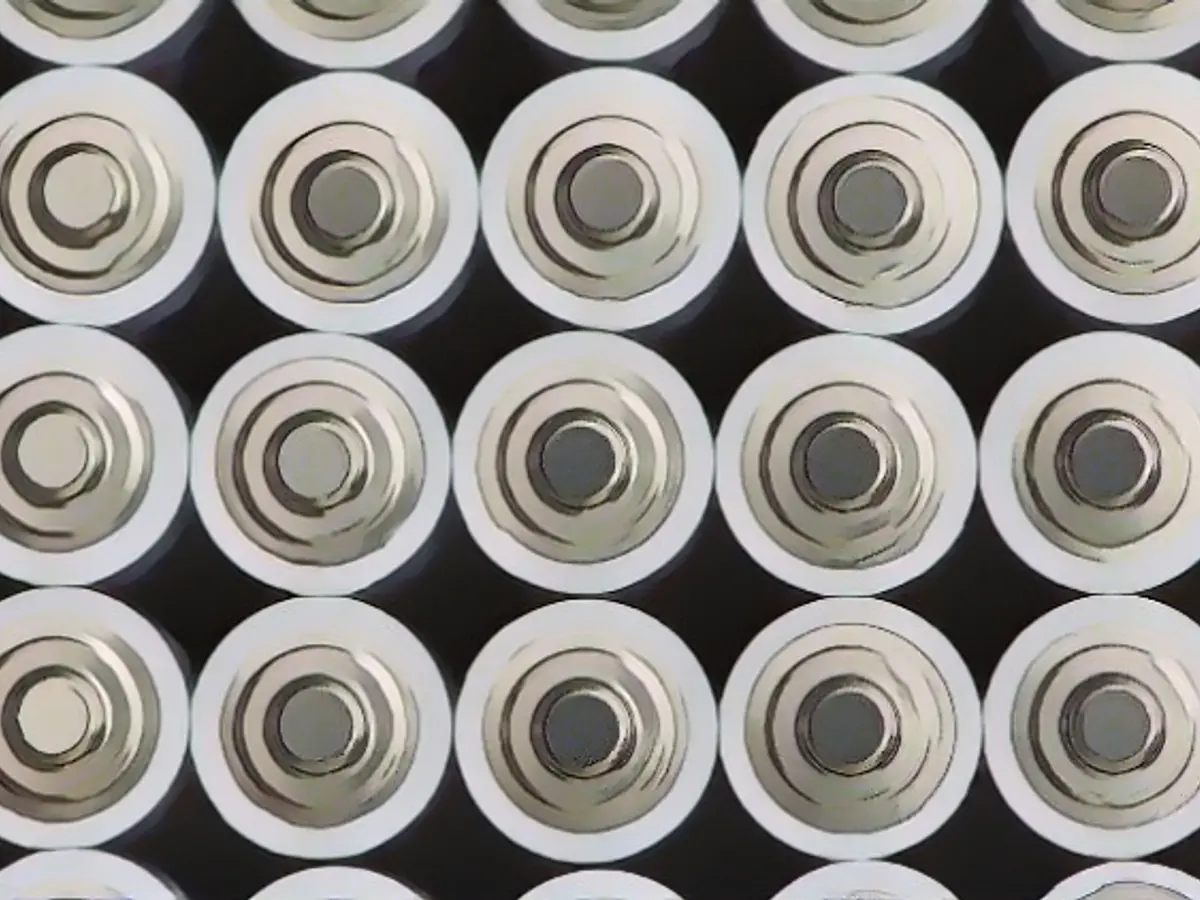What role will batteries play in the electricity of the future?
The fossil age is set to end soon. Renewable energies are needed to achieve the energy transition. However, these are not always available when they are needed. In an interview, storage technology experts Prof. Martin Winter from the University of Münster and Dirk-Uwe Sauer from RWTH Aachen University explain what the future of power supply will look like and what contribution batteries can make.
ntv: What contribution can batteries make to the energy transition and what are the biggest challenges?
Martin Winter: It has to be clearly stated that our grid has been in need of renewal for many years. We have invested far too little in it. If we now really ramp up e-mobility with e-cars, plus heat pumps and all the electronic household appliances, then bottlenecks can occur, especially locally. We need to expand the electricity grid, make it smarter and build a charging infrastructure at the same time. We therefore need an intelligent grid that can be controlled in real time at best.

Dirk-Uwe Sauer: Storage systems are a piece of infrastructure, just like the electricity grids. The need for storage depends on many factors. In any case, the use of storage systems is about increasing the efficiency of the energy supply on the one hand and ensuring the reliability of the energy supply on the other. So it's not about "as much as possible", but about the right amount for economical operation.
What batteries are available?
Winter: At the moment, lithium-ion technology is unbeatable. The main advantage of this battery is its efficiency. It has a very high degree of efficiency. The battery releases more than 90 percent of the stored energy. It is also scalable, from small to large. The scale ranges from a small cell phone battery or wristwatch battery to a huge storage power plant.
What alternatives are there?
Winter: Hot candidates are lithium-metal technology and sodium-ion batteries. The lithium-metal battery is an old technology that was previously not sufficiently safe. It is now believed to be controllable - as a solid-state battery. The liquid electrolyte is replaced. The advantage is the high energy density, which means that these batteries have a higher capacity for the same size and weight. Meanwhile, the sodium-ion battery is being heavily promoted from China. The advantage is that sodium is more readily available than lithium. Cost advantages are also seen. So we are really not in a bad position with storage technologies.

How quickly can battery systems be set up?
Sauer: Quite quickly. We are technologically prepared. We have no problem building up the necessary storage requirements and space is not really a problem either. Take the largest German pumped-storage power plant in Goldisthal, for example: if we were to let the water out of the Obersee and fill the volume of the lake with lithium-ion batteries, the capacity of these batteries would easily be 300 times greater than what is currently realized using water. In addition, the use of storage systems can also cushion local grid bottlenecks or peak loads in factories, for example.
And the lithium deposits?
Winter: There are large lithium deposits, including in Germany. The question is whether we want to tap into them. Lithium mining in the Rhine Graben or in the Ore Mountains would give us enough lithium for the next 50 years.
No more one-way street from the supplier to the customer: How will we direct electricity in the future?
Winter: Our energy system is crying out for decentralized use. At best, we need to consume or store electricity where it is generated. So we not only connect our car to the grid to charge it, but also discharge the battery again. The charging station is my contact to the electricity supplier via a battery management system. They can get electricity from me at night, but guarantee that I have charged my battery enough in the morning to get me to work. Of course, this requires more planning. But it actually helps the battery last longer. You take care of the battery by charging and discharging it in a controlled manner and can thus extend its life. Perhaps we will then have large facilities that temporarily store renewable energy. I'm thinking of a kind of filling station where vehicles collect electricity that is temporarily stored there.
Sauer: Today, electric vehicles in Germany already have twice as much storage capacity in batteries as we have built up as pumped storage power plants in over a hundred years. The increasing digitalization of the energy system will create more and more opportunities here. Intelligent control of the charging of electric vehicles, energy recovery from the vehicles and the control of heating systems with thermal storage alone will create huge capacities that can cover the problems within a day. The use of these flexibilities is then also much more economical than the construction of new storage facilities.
Why could car batteries play such an important role?
Sauer: When using a battery from an electric vehicle, the investment costs have already been made and, if used intelligently, the vehicle batteries will not age significantly more than without this use. So initially only the operating costs need to be covered.
What role does the state have to play in the energy transition?
Winter: We need to adapt the freedom of the electricity market. The grids in particular, and therefore their stability, must be permanently controlled. I see this as a government task. It is not a good idea to view electrical energy supply and electromobility solely from an economic perspective. It is of course very convenient to continue burning fossil fuels if we can simply get gas from all over the world. But we have to make a change. Politicians have to take people with them step by step, they have to formulate tangible goals and always think about what is feasible. It is better to tell people what is achievable tomorrow than to paint them a utopian scenario in the distant future.
Sauer: In the second half of January 2023, we had an almost perfect dark doldrums. If we triple the proportion of wind and solar power, it will still not be enough to cover the electricity demand in this period. This will require long-term storage. Long-term storage is only needed in full perhaps once a year. So there are very few opportunities to refinance the investment costs.
Oliver Scheel spoke with Martin Winter and Dirk-Uwe Sauer
How can education play a role in advancing the use of batteries in energy transition?
Winter: It's crucial to educate the next generation about renewable energies and energy storage. We need to train engineers who are well-versed in battery technology and can develop efficient and sustainable solutions.
What potential do renewable energy sources have in combination with advanced battery cells, and how can they overcome the intermittency challenge?
Sauer: The combination of renewable energies and advanced battery cells can provide a reliable and sustainable energy supply. By storing excess energy during periods of high production, batteries can help overcome the intermittency challenge and ensure a consistent energy supply.
Source: www.ntv.de







